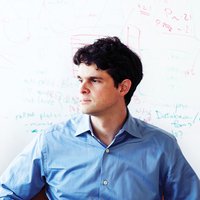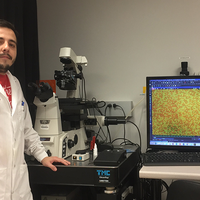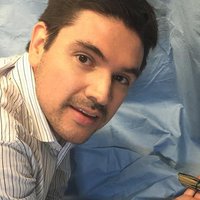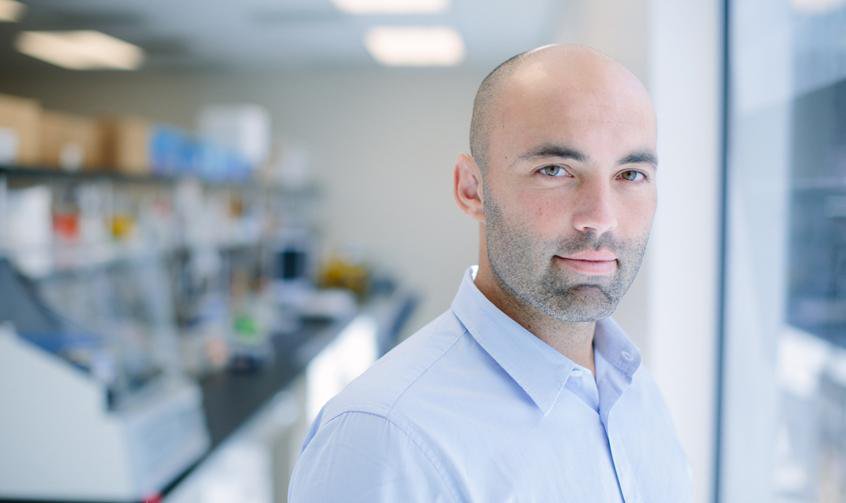"The difference between detecting an early stage stomach cancer versus a late stage is ""literally life or death"", in the words of the Chilean entrepreneur Alejandro Tocigl. This difference is especially tragic in developing countries where the most advanced diagnostic technologies are far beyond the reach of many patients. For this reason, Tocigl and his team decided in 2013 to create a new diagnostic tool, through his start-up Miroculus, based on microARN detection. These tiny, genetic molecules regulate gene expression and act as biomarkers for several types of cancer. Through this innovation, Tocigl has been selected as one of MIT Technology Review, Spanish Edition´s Innovators Under 35 Chile 2016.
Tocigl´s platform aims to detect several illnesses through the same simple, quick and affordable diagnostic test. Currently the test can be used to detect gastric cancer, in which environmental and nutritional factors can cause a reaction of the H. pylori bacteria, commonly found in the human stomach, and cause gastritis, the first developmental phase of this cancer.
To catch this disease at this stage (before it evolves into atrophic gastritis, intestinal metaplasia, dysplasia and, finally, a malignant tumor), Miroculus is developing a diagnostic tool that detects and analyzes the presence of various microRNA associated with stomach cancer. Its presence in bodily fluids (plasma, saliva, urine) can help to differentiate between an isolated case of gastritis and cancer. This allows patients to seek early treatment, with a five-year survival rate of up to 90%.
Mirocolus´ device places the patient´s RNA sample on a slide with 96 wells, where it reacts with the start-up´s ""patented biochemical components"". Each well detects a specific microRNA, and emits a green light for positive matches. The intensity and speed of this light is captured by a smartphone camera, mounted atop the device. When the reaction is complete, the images are sent to Miroculus´ database, where they are processed and the device reports the specific microRNAs identified in the sample and indicates in what quantity each was detected. An algorithm then compares this molecular fingerprint with diseases that have been registered previously.
Miroculus has validated, on the one hand, the sensitivity of its technology in the detection of the microRNA molecules in circulation, and, on the other hand, the degree of correlation with gastric cancer. The first database employed to establish this correlation is their own Loom platform: through natural language processing they analyze daily the scientific publications available online for information regarding microRNA associated with certain diseases. They also use information from the Cancer Genome Atlas and data from their own trials with patients already diagnosed through more conventional clinical tests.
The first trials for stomach cancer detection were carried out at the Catholic University of Chile´s Hospital Clínico. These results allowed the team to launch ""the largest study of stomach cancer and microRNA ever performed"", the young innovator declares, with over 600 patients in Mexico (National Medical Center Century XXI), the United States (National Cancer Institute) and Europe.
Miroculus´ founders met at Singularity University (USA). After founding the company in 2014, they successfully completed two rounds of financing and built a team of nine people. Their offices and laboratories are based in the U.S., but their key markets are in Asia and Latin America. ""70% of all stomach cancers worldwide happen in countries like China, Chile, Korea, Mexico and other emerging economies"", Tocigl explains."



